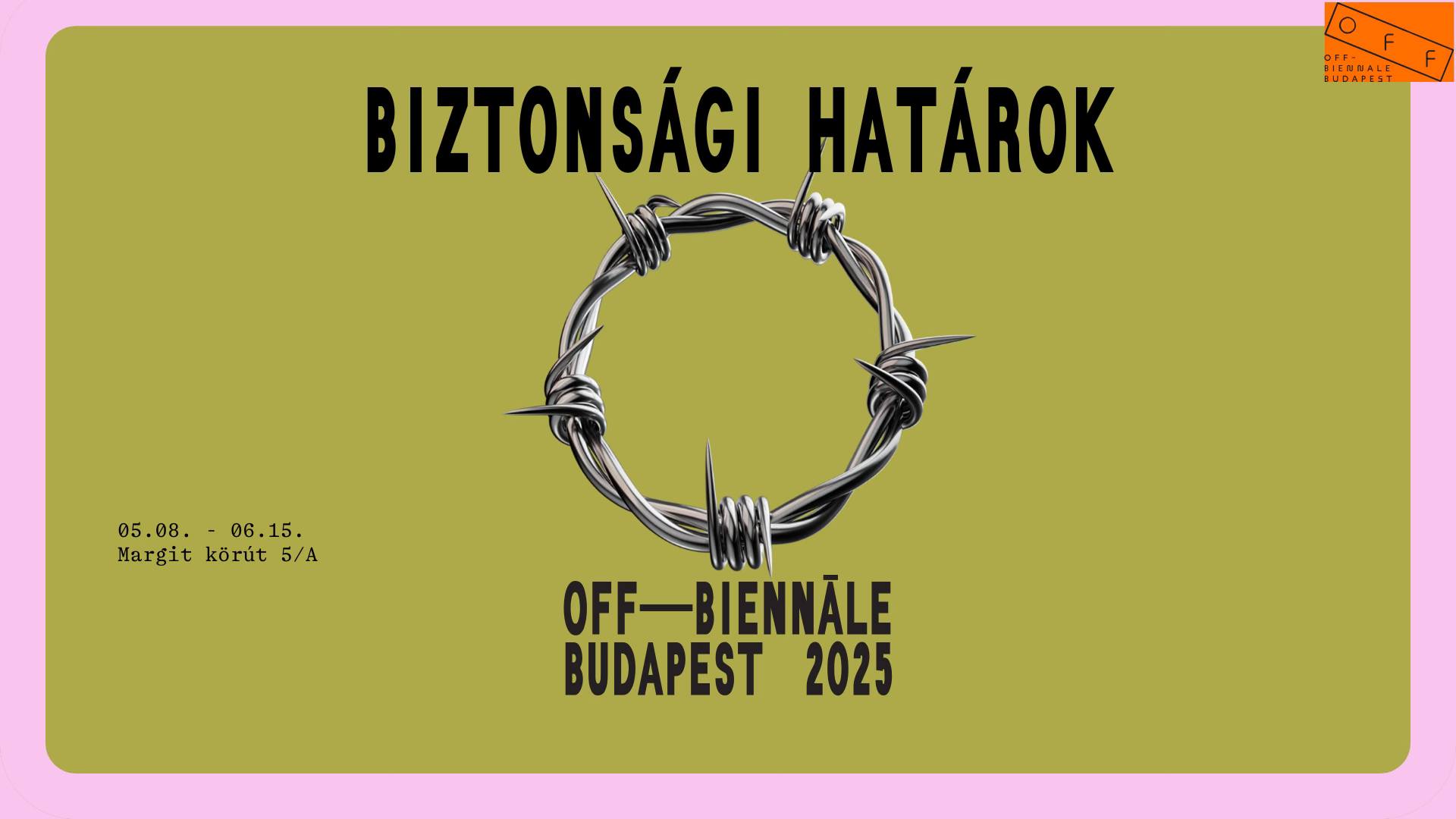In 1914, when Henri Bergson addressed the outbreak of the First World War, he claimed that Germany’s turn towards industrialism and mechanism was accountable for the war, because instead of “spiritualization of matter,” it produced a “mechanisation of spirit.” Later in The Two Sources of Morality and Religion (1932), Bergson further stated that wars of the modern time are bound up with industrial characters of the civilization. Bergson’s analysis has little to do with modern military machines, but rather it concerns the relation between human and technology, or in other words, war is result of the “conflict of organs.” In 1948, Norbert Wiener in his Cybernetics, or Control and Communication in the Animal and the Machine responded to Bergson by claiming that the opposition between mechanism and vitalism belongs to a badly posed question because it is now overcome by cybernetics. Did this evolution of machines affect the critique of Bergson? How should we reconsider the relation between war and machine today? By answering these questions, I hope to elaborate on the concept of negative organology and contextualise it in today’s situation.
The lecture by Yuk Hui War and Machine was part of the public program of the 2nd Biennale Warszawa Seeing Stones and Spaces Beyond the Valley, which took place from June 3 to July 17, 2022. The lecture was hosted by Michal Krzykawski.
Yuk Hui wrote his doctoral thesis under the French philosopher Bernard Stiegler at Goldsmiths College in London and obtained his Habilitation in philosophy from Leuphana University in Germany. Hui is author of several monographs that have been translated into a dozen languages, including On the Existence of Digital Objects (University of Minnesota Press, 2016), The Question Concerning Technology in China:-An Essay in Cosmotechnics (Urbanomic, 2016), Recursivity and Contingency (Rowman & Littlefield, 2019), and Art and Cosmotechnics (University of Minnesota Press, 2021). Hui has been the initiator and convenor of the Research Network for Philosophy and Technology since 2014 and a juror of the Berggruen Prize for Philosophy and Culture since 2020. He currently teaches at the City University of Hong Kong.
Michał Krzykawski, university’s professor at the Faculty of Humanities of the University of Silesia in Katowice, where he heads the Centre for Critical Technology Studies. He has extensively published in the field of contemporary French philosophy, philosophy of technology and social theory. Recently published works: Bifurcate. “There is no Alternative” (edited by Bernard Stiegler with the Internation Collective, Paris 2020, London 2021) and (in Polish) The Economy and Entropy. Overcoming the Polycrisis (co-edited with Jerzy Hausner, Warszawa 2023). Member of the Council of the National Programme for the Development of Humanities, co-founder of the Pracownia Współtwórcza Foundation wspoltworcza.org


